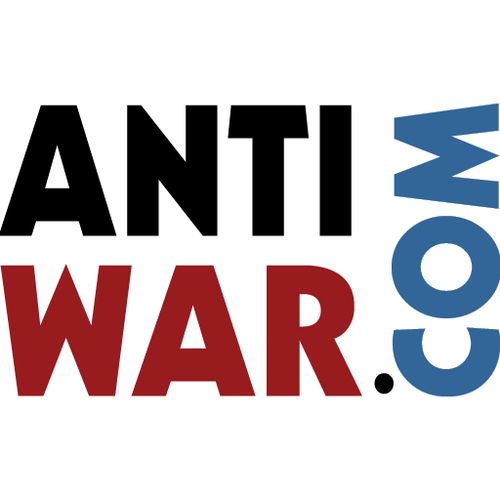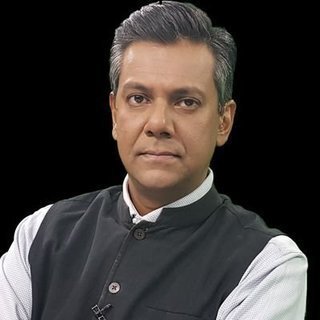- National Security Adviser Mike Waltz demanded Iran dismantle its nuclear program, emphasizing verifiable abandonment of uranium enrichment and ballistic missile development. The U.S. warned of consequences if Iran refuses.
- The Trump administration resumed its “maximum pressure” strategy, combining military and economic measures to counter Iran’s influence.
- Iran rejected the U.S. proposal, with Supreme Leader Ayatollah Ali Khamenei dismissing it as “deception” and Foreign Minister Abbas Araqchi signaling potential talks.
Full Story
The U.S. has called for the complete dismantlement of Iran’s nuclear program, according to National Security Adviser Mike Waltz.
Speaking on CBS News’ “Face the Nation” Sunday, March 23, Waltz said the Trump administration expects Iran to abandon any nuclear ambitions in a way that is verifiable by the international community.
"It's time for Iran to walk away completely from its desire to have a nuclear weapon," says White House National Security Adviser Mike Waltz, telling @margbrennan the Trump administration is seeking the "full dismantlement" of Iran's nuclear program.
— Face The Nation (@FaceTheNation) March 23, 2025
"Iran has to give up its… pic.twitter.com/WVofx4gnuN
He emphasized that the program includes uranium enrichment, weaponization efforts and ballistic missile development.
How has the Trump administration framed the ultimatum?
Waltz said the U.S. position is not a partial rollback or a return to previous agreements but a demand for Iran to walk away entirely from its pursuit of a nuclear weapon.
“All options are on the table,” Waltz said. “Give it up, or there will be consequences.”
He described Iran’s support for militant groups and its regional behavior as unacceptable, warning that a nuclear-armed Iran could spark a wider arms race in the Middle East.
What prompted the renewed pressure?
The remarks come as President Donald Trump resumed his administration’s “maximum pressure” strategy, which includes military and economic measures to counter Iran’s regional influence and nuclear progress.
According to Axios, Trump recently sent a letter to Iran’s Supreme Leader Ayatollah Ali Khamenei offering a deal to avoid further escalation. It gave a two-month window to respond.
How has Iran responded?
Iran’s leadership dismissed the U.S. proposal.
Khamenei rejected the letter as “a deception” and accused Washington of using diplomacy to tighten sanctions.
Foreign Minister Abbas Araqchi said Tehran would reply to the “threats and opportunities” outlined in the letter but warned that talks would not proceed unless the U.S. changed its pressure tactics. Araqchi also signaled that the original 2015 nuclear deal could serve as a model, though Iran’s nuclear capabilities have advanced significantly since that time.
What is the status of Iran’s nuclear activity?
Iran continues to expand its nuclear program. The International Atomic Energy Agency was recently notified that Tehran plans to significantly increase its uranium enrichment to levels nearing weapons grade.
Iran maintained that its nuclear program is for peaceful purposes. However, U.N. nuclear watchdog officials have said time is running out to reach a new agreement to rein in Iran’s activities.
What’s next?
Diplomatic options remain, according to Waltz, but the administration said it is prepared to act unilaterally if Iran does not comply.
With rising tensions in the region and expanded military operations elsewhere in the Middle East, the U.S.-Iran nuclear standoff is entering a new phase with potentially far-reaching consequences.
























